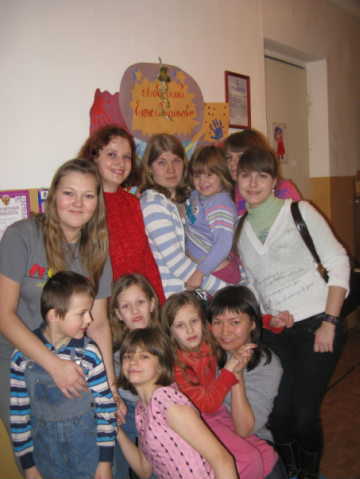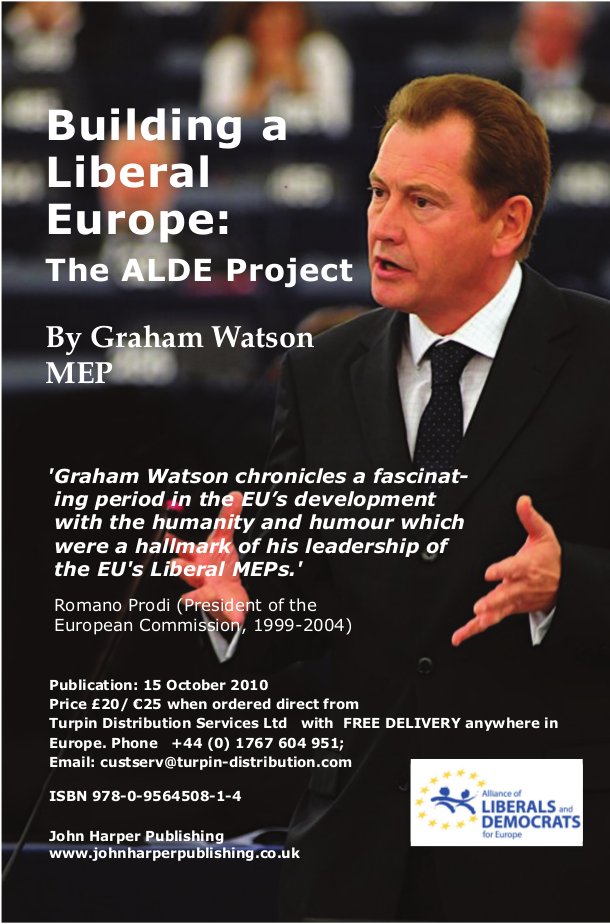Coming round full circle. Premonition of another global crisis
Grigory Yavlinsky’s Facebook page, 13.01.2019
Grigory Yavlinsky on the hidden causes of the global financial crisis
At the end of 2018 global stock markets fell to their lowest levels in December since the Great Recesson at the end of the 1920s. In 2018 world markets lost almost $7 trillion.
Ten years have passed since the global financial crisis. However, a number of the key causes and factors of the crisis have still not been understood and eliminated. On the contrary, the impact of these factors has intensified as a result of the expansion of the new economy and dissemination of information and t digital technologies.
The following issues are the key problems of the contemporary global economy that are the hidden causes of the crises that the government of the world’s leading countries don’t want to resolve:
- The financial sector continues to grow in both absolute and relative terms. The financial sector, transformed from its role of servicing economic requirements into a self-contained entity, generates some of the highest individual managerial incomes, without any actual control by society.
- Group interests (primarily groups linked to the financial sector) are intensifying their influence over the mass media and the political, educational, and academic elite. The agenda and tone of the discussion in each of these environments have manifestly shifted towards the interests of groups who have opened up new niches for enrichment over the past ten years. As a result, in the picture of the world painted by the ‘mainstream’ mass media and education system, the traditional values of social progress have been pushed behind the scenes, while the new values of ‘creativity’ and ‘innovation’ have taken centre stage.
- The ‘brand economy’ is growing exponentially compared to the ‘economy of goods’. Investments in advertising and distribution channels yield substantially greater returns than investments in production. Competition is degenerating into an oligopoly based on intellectual property: ownership of brands, longstanding marketing channels, and control over the regulatory authorities. Enormous revenues are generated by ‘intellectual’ and traditional annuities.
4.. The ‘new economy’ is expanding. It has become less transparent and is to a large extent virtual. In other words, its functioning is not associated with consumption, accumulation, or even the physical movement of productive resources. To all intents and purposes, this is not so much production as an exchange of money for virtual products, which exist increasingly frequently not in reality, but instead in the consciousness of the consumer via images, objects of desire, and dreams, etc.
- The ‘intellectualisation’ ‘softwarisation’ of the economy is also becoming more complex. The abundance of intermediary links and processes creates a favourable environment for intellectual manipulation and the creation of new ways of generating a profit ‘out of thin air’. Business is being penetrated by the parasitic practices of unchecked bureaucratic structures: growth and multiplication through the artificial stimulation of needs.
- The new international division of labour is deepening. Intellectual property – trademarks, patents and exclusive rights to provide a number of services – is acquiring more and more significance for the prosperity of wealthier countries.
- A quarter of a century has passed without the threat of a global war, so that there is no longer any need to promote the ideas of justice and equality This is the basis of propaganda in support of absolute meritocracy. The receipt of rental income and speculative income is perceived as honourable and dignified – ‘creativity’ is preferred to usefulness and effectiveness.
- The picture painted for society by mainstream economic science, or to be more exact, social sciences, bears less and less resemblance to reality. This picture disregards the fact that without non-market values in the world such as honesty, respect for the individual, and aspirations to create social entities, there would not even be a market based on contemporary understanding of the concept.
- The move from post-industrialisation to postmodernism is accelerating. The latter is understood to mean aspirations to discard intelligibly concrete meaning and transform means into the end. In economic terms, this implies that production and consumption are trading places: the producer does not exist for a consumer independent of production: on the contrary, the producer now creates the consumer that it needs, shaping the requirement for this product, whether goods or services. The principle “Anything with a price is beneficial’ now rules.
The ideal of business activity is to derive income from such property as trademarks, technologies and techniques used to shape consumer consciousness, needs and standards artificially inspired by consumer behaviour, etc. The past half century shows that business does not have to adapt to society. On the contrary, society can be significantly adapted to business. And this results in the irrational cult of innovations and high-tech and the thesis that the only right commodity is emotion, as the consumer essentially does not pay for ‘bits of hardware’ or ‘rags’, but instead for the satisfaction of owning the source of his own ‘coolness’.
- Against the backdrop of growth in ever more diverse types of consumption, points of reference such as professional career, public recognition and reputation within the framework of professional communities are becoming less and less significant. At the same time, a new economic class of IT specialists – programmers, systems administrators, hackers and so on – is emerging. As the proliferation of new technology continues apace, individuals and companies find themselves dependent on IT specialists. Thus, a new social division is arising between the holders of sacred technological know-how and everyone else.
- And finally, there is one axiom that is key to economic growth and development: morality is the most important part of economic life. Unfortunately, the attitudes couched within this axiom have been constantly degraded over the past 50 years. This is not a reference to individual morality as a personal quality, but instead public morality representing the informal rules that need to be observed in the interests of survival, self-preservation, and success in life. However, for more than half a century public morality has been ignored by politicians, society, business and the mass media. Social morality – as a rule of life – and economic mechanisms are inextricably linked: each is part of the other. Market capitalism is tightly bound to social morality through trust in social and economic institutions. Without trust, the market only functions in its most primitive form.
* * *
Naturally there are always objective premises for an economic crisis: both cyclical price movements and tock market bubbles, which arise periodically and inevitably – and which burst just as inevitably. However, if everyone had done what they were supposed to have done, as prescribed by a sense of duty and conscience, such a crisis could have been averted.
Today, at the start of 2019, the key issue is that all the monstrous phenomena identified as the direct causes of the financial crisis ten years ago – which include the dependence of jobs and income in developed countries on the volatility of the financial markets, lax regulation, the dominance of the financial lobby, and the irresponsibility and impunity of senior management – are not only still in place, but are also growing.
Society and the state are incapable of fulfilling their functions to secure a safe and prosperous future, because the economy is now different and the outside world has changed. However, politicians and ruling elites, judging by the decisions that they have made, have not only failed to eliminate the causes of previous crises, but have also qualitatively failed to grasp the new trends in global economic and political developments. Failure to acknowledge these upheavals makes it impossible to avoid global economic crises, or even to rule out the possibility of large-scale war.
Read the full version of the article in the long read of Grigory Yavlinsky’s web-site.
https://www.yavlinsky.ru/crisis
Posted: January 22nd, 2019 under Economy.










